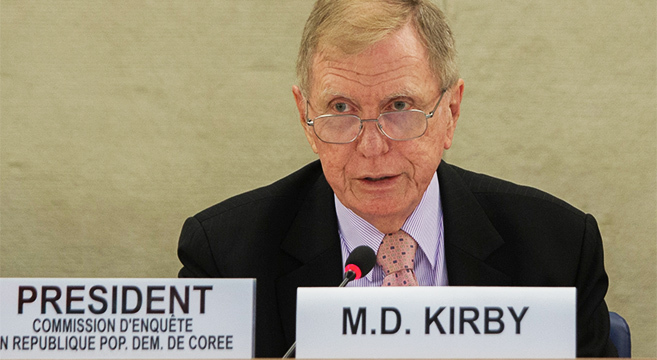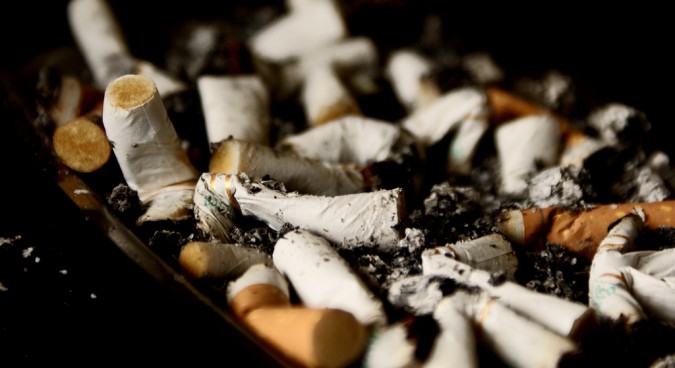Hallyu eases burden of '200-Day Battle'
Choi Song Min | 2016-07-06 17:29 Read in Korean
As North Koreans struggle under the weight of the ongoing
"200-Day Battle," many are harnessing the boost in power provision, allotted by the state to "galvanize production," to instead indulge in cultural content from below the border more frequently.
“The arduous labor involved in the ‘200-Day Battle’ takes a major physical and mental toll on people.” a North Pyongan Province-based source reported to DailyNK. “Those with the necessary means either watch dramas or listen to pop music from South Korea to recharge and escape.”
The monotonous repetition of political slogans and propaganda day and night is “mind-numbing,” she said. “Home becomes a sanctuary where watching dramas or listening to music provides great comfort to weary bodies and minds.”
The authorities, for their part, have doubled down to make this harder
by halting imports of portable media players referred to as notetel in North Korea. However, such efforts do little, if anything, to stymie illicit media consumption. For those without a notetel already in their possession, an array of other methods prevail to satiate their appetite for entertainment.
“As soon as the power comes back on following a blackout, people jolt up from sleep to pick up where they left off with the show they were watching. Like clockwork, kids press the power button on the [non-portable] DVD player and parents insert the flash drive with loaded with contraband content,” the source explained.
Recently, just as in other parts of Asia, namely China, the South Korean blockbuster hit
"Descendants of the Sun" is a popular selection in North Korea, thanks in large part to the younger demographic, who have fueled the show’s popularity through word of mouth.
“They’re so into that program they don’t even know if it’s day or night while they’re watching it,” the source joked, adding that ‘official’ copies manufactured in China sell for 50,000 KPW [6 USD]; ‘unofficial’ copies go for half of that.
Added a source in South Pyongan Province, “These days, when eager customers gingerly approach the ‘runners’ [who obtain products from wholesalers and travel the different regions of North Korea and sell them to booth retailers] loitering on the outskirts of official marketplaces and inquire about products from ‘the neighborhood below (South Korea),’ the answer is invariably: ‘Check out 'Descendants of the Sun.'"
*Translated by Phillip Kim











